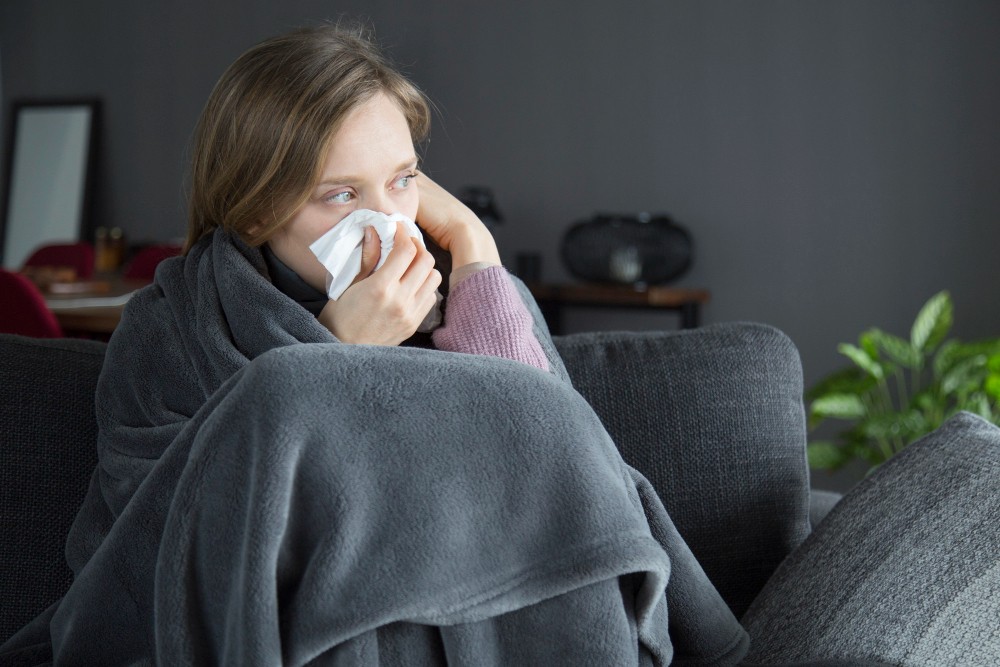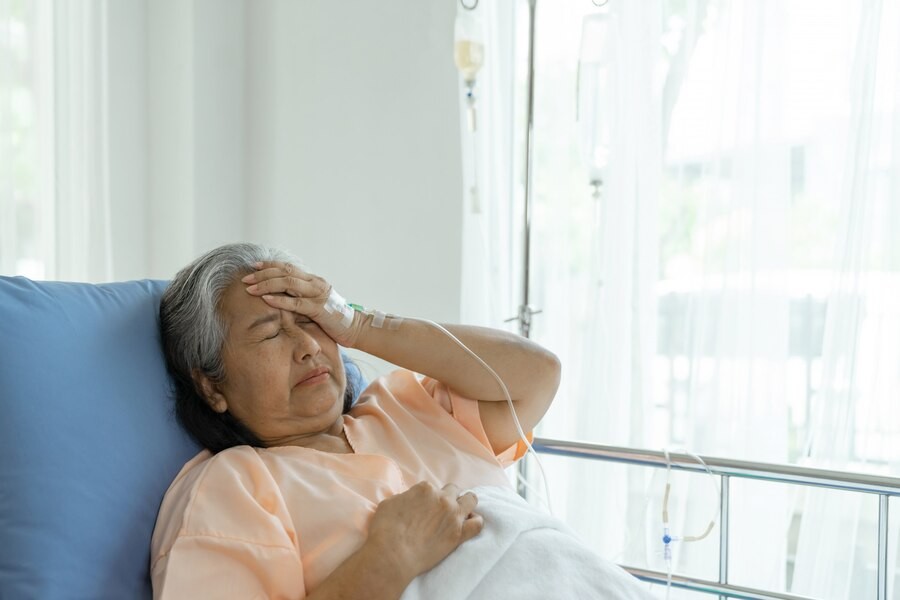Gondongan adalah infeksi virus pada kelenjar air liur yang ditandai dengan pembengkakan pipi dan rahang. Pembengkakan ini menyebabkan rasa nyeri dan tidak nyaman saat mengunyah. Untuk itu, sebaiknya pilih jenis makanan yang tepat ketika Anda mengalami gondongan.
Makanan yang Sebaiknya Dihindari saat Gondongan
Gondongan (mumps) adalah infeksi virus yang termasuk dalam kelompok virus paramyxovirus. Virus ini bersifat sangat menular dan lebih banyak dialami oleh anak-anak daripada dewasa. Gejala paling umum yang nampak di antaranya demam dan pembengkakan kelenjar ludah sehingga wajah pasien terlihat bengkak di area pipi dan rahang.
Dengan pembengkakan di area tersebut, penderitanya akan merasa terganggu saat makan atau minum. Infeksi virus ini juga dapat menurunkan nafsu makan sehingga pemenuhan kebutuhan nutrisi dan cairan akan terganggu.
Untuk memudahkan makan, sebaiknya hindari beberapa jenis makanan berikut:
Makanan bertekstur keras
Ketika mengalami gondongan, sebaiknya hindari makanan bertekstur keras karena akan membuat sulit mengunyah. Infeksi kelenjar air liur bukan hanya menyebabkan pembengkakan namun juga rasa sakit saat menggerakkan rahang, termasuk saat menelan.
Untuk itu, sebaiknya konsumsi makanan bertekstur lembut dan hindari makanan bertekstur keras dan alot. Pilih makanan bertekstur lembut seperti bubur, nasi tim, sup, kentang tumbuk, atau tahu yang kaya nutrisi.
Baca Juga: Berbagai Penyebab Tenggorokan Gatal dan Pencegahannya
Makanan bersifat asam
Pengidap gondongan juga dianjurkan menghindari makanan bersifat asam karena dapat memicu kelenjar air liur untuk bekerja lebih keras. Kondisi ini dapat menyebabkan kelenjar yang bengkak terasa makin nyeri dan tidak nyaman.
Makanan pedas
Seperti makanan asam, makanan pedas juga sebaiknya dihindari pengidap gondongan karena dapat merangsang air liur. Selain itu, makanan pedas juga dapat menyebabkan rasa tidak nyaman saat mengunyah.
Makanan bertekstur lengket
Makanan bertekstur lengket yang terbuat dari beras ketan juga dapat menyulitkan proses pengunyahan. Pengidap gondongan sebaiknya hindari konsumsi makanan bertekstur lengket seperti permen karet, bubur ketan, dan olahan makanan lengket lainnya.
Baca Juga: Mengatasi Tenggorokan Gatal dengan Pengobatan Rumahan
Pengobatan Rumahan untuk Gondongan
Gondongan merupakan infeksi ringan yang bisa diatasi dengan pengobatan rumahan. Dokter dapat memberikan obat pereda nyeri dan demam untuk meredakan rasa tidak nyaman. Selama masa pemulihan, Anda dapat melakukan pengobatan rumahan untuk membantu meredakan gejala.
Beberapa pengobatan rumahan yang bisa Anda lakukan antara lain:
- Cukup istirahat: Pastikan cukup istirahat jika mengalami gondongan. Infeksi membuat tubuh menjadi mudah merasa lelah dan letih sehingga akan terlihat lemas. Sebaiknya perbanyak istirahat agar cepat pulih.
- Perbanyak cairan: Seperti pada infeksi pada umumnya, gondongan juga dapat menyebabkan dehidrasi. Kondisi ini diperburuk dengan kondisi menurunnya nafsu makan. Untuk itu sebaiknya pastikan Anda banyak minum, terutama minuman hangat.
- Kompres dingin: Anda dapat meredakan nyeri pada area rahang dan leher dengan kompres dingin. Gunakan waslap atau handuk yang direndam air dingin atau balut es batu dengan handuk untuk didiamkan pada area yang nyeri.
Gondongan adalah infeksi yang dapat sembuh dengan sendirinya selama beberapa hari. Meskipun bukan termasuk infeksi berat, namun kondisi ini dapat menyebabkan rasa tidak nyaman. Konsumsi makanan yang bertekstur lembut dan hangat seperti bubur atau sup untuk memudahkan pemenuhan kebutuhan nutrisi.
Jika Anda memiliki pertanyaan seputar infeksi gondongan sebaiknya konsultasikan ke dokter atau manfaatkan fitur konsultasi pada aplikasi Ai Care yang bisa diunduh melalui App Store dan Play Store.
Mau tahu informasi seputar penyakit lainnya? Cek di sini, ya!
- dr Nadia Opmalina
Moawad, H. (2022). How Mumps Is Treated. Available from: https://www.verywellhealth.com/mumps-treatment-4163821
Kids Health. Mumps. Available from: https://kidshealth.org/en/parents/mumps.html#
Cleveland Clinic. Mumps. Available from: https://my.clevelandclinic.org/health/diseases/15007-mumps
Drugs. Mumps in Adults. Available from: https://www.drugs.com/cg/mumps-in-adults.html
Family Doctor. Mumps. Available from: https://familydoctor.org/condition/mumps/
WebMD Ediitorial Contributors. Mumps in Adults. Available from: https://www.webmd.com/vaccines/after-puberty-man-mumps












